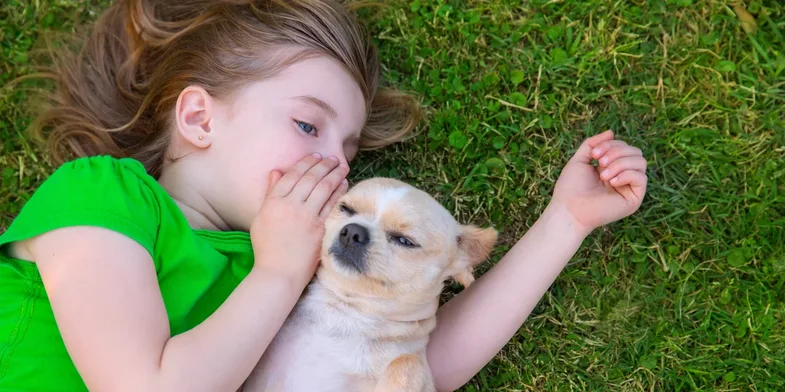
Growing up with a pet is a special experience for every child. In addition to the love and fun these little creatures bring, researchers have noticed that children who grow up with pets often develop a higher level of emotional intelligence. But why does this happen?
Development of sensitivity
By having a 4-legged companion, children learn to care for another being. They develop empathy by understanding and observing the emotions of pets. This process helps children understand and be more aware of their own and others' emotions.
Responsibility and care
Caring for a pet requires daily responsibility. Children who participate in tasks such as feeding, grooming, and walking learn the importance of caring for others. This helps them develop a strong sense of responsibility and empathy.
Emotional support
Pets often provide a steady source of love and emotional support. In moments of stress or sadness, children can find comfort in their loyal friend, who does not judge them and is always there for them. This helps develop a more stable and healthy emotional intelligence.
Social skills
Growing up with a pet can help improve children's social skills. By constantly communicating with 4 canine friends, this can translate into better communication skills with people as well.
Developing a broader worldview
Pets help children understand the cycle of life and the changing nature of life. They learn about birth, growth and sometimes loss, which helps strengthen emotional intelligence and build a more mature outlook on life.
For all these reasons, it is clear that pets are not only beloved companions for children, but also excellent teachers that contribute to the development of their emotional intelligence. This special relationship helps children grow into sensitive, responsible individuals capable of understanding and managing their own and others' emotions.
Suggested articles:





